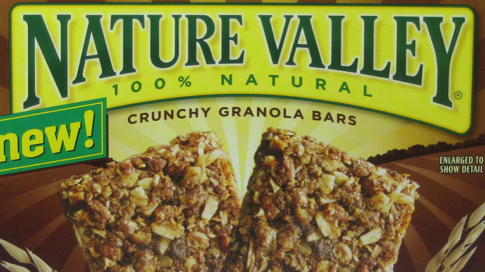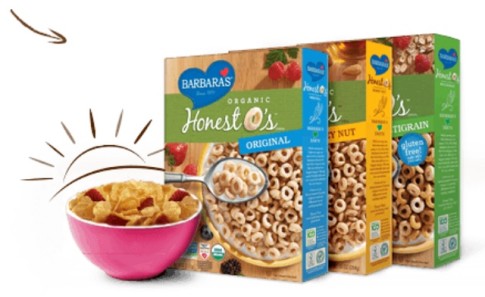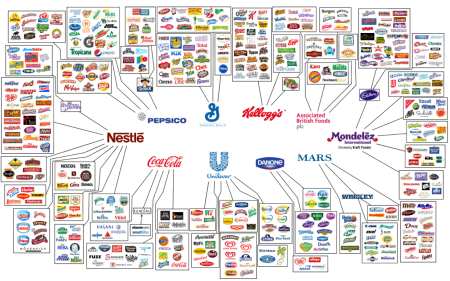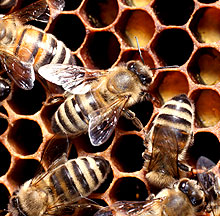H/t reader squodgy:
“About time too!
I love these as a fill in snack, but after reading that all grain is now coated in Glyphosate to dessicate the crop for easy harvesting, I always wondered about this.
Now we know.”
– General Mills Sued Regarding Weed Killer in Nature Valley Granola Bars:
When is the word “natural” misleading in advertising? That’s the basis for a lawsuit filed August 25, 2016 against General Mills, maker of the brand Nature Valley Granola Bars, who label their products’ packages with the words “Made with 100% NATURAL whole grain OATS.” The lawsuit was filed by Beyond Pesticides, Moms Across America, and Organic Consumers Association using the Richman Law Group [1] in Washington, DC, citing the District of Columbia’s Consumer Protection Procedure Act.
Glyphosate, a key herbicide chemical active in several commercial and agricultural herbicides, has been found in General Mills’ natural granola bars. Since when is a man-made toxic chemical considered natural? So, three consumer groups filed a lawsuit and rightfully so, I think.
Jay Feldman, Executive Director of Beyond Pesticides, says
Read moreGeneral Mills Sued Regarding Weed Killer in Nature Valley Granola Bars



